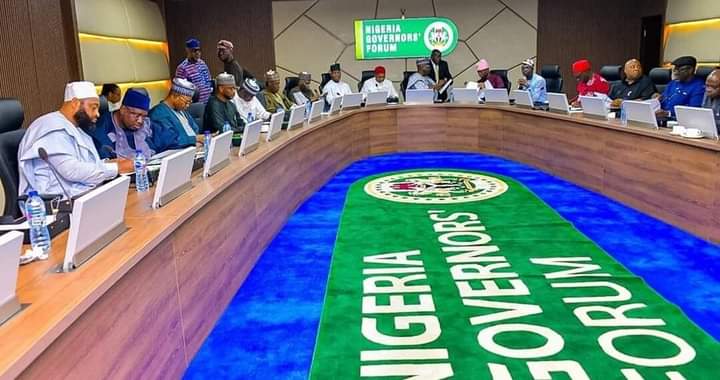Nearly two months after President Bola Tinubu signed the new ₦70,000 minimum wage into law, only Edo and Adamawa states have begun implementing the new wage. Edo, in fact, started paying its workers ₦70,000 as far back as June, two months before the law was officially passed. Adamawa followed suit in August.
However, 27 other states have yet to act, with just a few showing signs of readiness. Eight states, including Lagos, Rivers, and Ogun, have announced different minimum wage amounts, while others continue to delay. Organised Labour has issued an October deadline for full compliance, warning that failure to implement the new wage could lead to widespread industrial action.
States Taking Action
Lagos State Governor Babajide Sanwo-Olu announced an ₦85,000 minimum wage on October 16, although it was made without prior negotiations with Labour. A formal meeting between the Lagos State government and the leadership of the workers’ union is scheduled for October 21, 2024.
In Ondo, Governor Lucky Aiyedatiwa declared an intention to pay ₦73,000, ₦3,000 higher than the federal benchmark. Like Lagos, this announcement was made unilaterally, without prior negotiations.
Ogun State has agreed to pay ₦77,000, after consultations with Labour, and Governor Dapo Abiodun assured that payments would start this month.
Rivers State also plans to pay ₦85,000 to civil servants starting in November, following closed-door negotiations between the government and Labour representatives.
Delta, Gombe, and Kogi states have committed to paying the new wage, though with some variations. Gombe’s Governor Inuwa Yahaya approved a minimum wage of ₦71,500, while Kogi Governor Ahmed Ododo approved ₦72,500, both higher than the federal baseline.
States Yet to Implement
Despite the federal law, most states have delayed or made no clear commitment to implementing the new wage. Oyo State has yet to announce a figure, with the government citing ongoing consultations with stakeholders. Similarly, Bayelsa and Cross River are still negotiating, while Sokoto and Kwara have made little progress in implementing the new wage.
In states like Niger, Taraba, Plateau and Zamfara, there has been no concrete movement toward implementing the new minimum wage, despite earlier promises from their governors. Labour leaders in these states express frustration, warning of potential strikes if no progress is made.
Labour’s Response
Organised Labour has expressed its growing impatience with the slow pace of implementation. Speaking anonymously, a Labour leader revealed that if states fail to comply by the end of October, there will be serious consequences, including strikes and protests.
“We resolved to wait till the end of October before deciding the next steps. If by then the situation remains as it is, we shall take appropriate action,” he warned.
Additionally, federal ministries, departments, and agencies (MDAs) have voiced concerns over the continued use of the old minimum wage template for payments, adding to the tension across the public sector.
As the deadline approaches, many eyes are on the federal government to convene a meeting with state governors to ensure the law is enforced nationwide.
